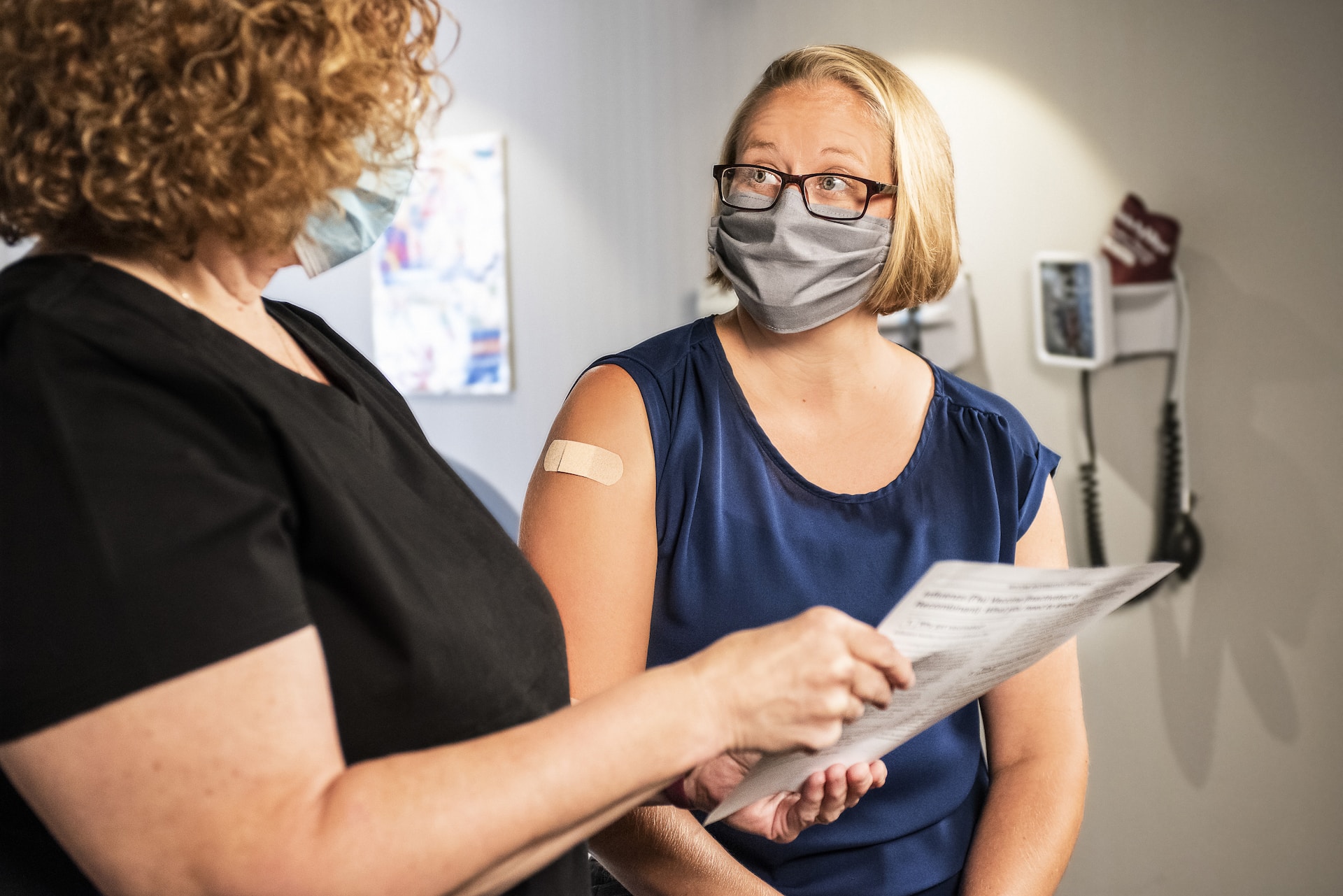Tips for Choosing the Right Clinical Trial for You
Choosing the proper clinical trial can be an overwhelming decision. Fortunately, there are some things you can do to help make your decision easier. For example, you can write down any questions so you don’t forget them.
Communication is also essential. It ensures that everyone understands the study and what their role is. It also allows investigators to track progress.

Participating in a paid clinical trial is an important decision that should be made thoughtfully. Here are several factors to consider when selecting a paid clinical trial:
Eligibility Criteria
Determine whether you fulfill the trial’s eligibility requirements. Trials often have specific requirements regarding age, gender, medical history, and the stage of the disease being studied. Make sure you qualify for the trial before proceeding.
The criteria for who can participate in a clinical trial are set by the researchers in each study and include inclusion and exclusion factors. These may be related to age, gender, health status, previous treatments, the type and stage of a disease, and other characteristics. They help keep participants safe, ensure meaningful results, and clarify to whom the new treatment will apply.
Eligibility requirements are essential but can be challenging to determine and sometimes have unintended consequences (e.g., reducing the generalizability of trial findings). Furthermore, problems with eligibility criteria affect recruitment and can negatively impact trial quality.
Study Duration
Understand the time commitment involved. Some trials may require frequent visits or extended participation. Ensure that the trial’s timeline aligns with your schedule and responsibilities.
Recruiting enough people to participate in a clinical trial may take months or even years. Often, only certain patients with the target disease condition are eligible to participate in a particular trial, and researchers must work hard to find these patients through various methods such as patient databases, newspaper and radio ads, posters in doctors’ offices, and personal recruitment by investigators.
Once accepted into the study, they must undergo a thorough screening to meet the trial’s criteria. This includes blood and other lab tests, thinking and memory tests, and a physical exam. During the study, they will visit the research site at scheduled times for new cognitive and physical evaluations and to discuss the results with the researchers. They will also continue to see their regular doctor(s) for routine health care while in the clinical trial.
Generally, participants in a clinical trial are not paid for their participation. However, some studies have extra money from clinical trials to encourage people to volunteer for the study. These compensation programs can benefit older adults who cannot afford to pay for their care. Review the compensation offered for participating in the trial. Ensure it is reasonable and covers expenses and inconveniences associated with participation. Researchers need to include people from all backgrounds in their trials. This way, their findings will be more likely to apply to a larger population and benefit more people.
Site Selection
Site selection is a crucial process in the clinical trial process. It enables the study to be conducted smoothly and efficiently and allows critical medicine to get to patients who need it. Proper site selection is a multi-stage process, and it involves assessing each prospective research site against the specific requirements of the study.
Consider the location of the trial site. It should be convenient for you to travel to and from the site for appointments and follow-up visits. Ideally, each prospective research site should be able to provide a detailed overview of its infrastructure and resources and be willing to evaluate and compare with other sites objectively. This can be achieved through a pre-study visit (PSV) or a site assessment (SAV).
While many factors affect the success of a clinical trial, one of the most important is the location of the study. This can be evaluated by considering participant accessibility, the ability to decentralize visits, decreased dropout rates owing to distance, and the patient demographic profile. Another critical factor is the availability of medical facilities and equipment. Using these criteria, it is possible to identify the best possible sites for a clinical trial.
Historically, site selection has focused on experience and performance, but this is becoming less and less of a reliable indicator of future success. With improvements in study analytics, a more comprehensive and objective site evaluation and comparison process is possible.
Treatment options
Clinical trials provide innovative treatment options for patients who may not otherwise have them.
Before you participate in a trial, research staff will explain the study’s purpose and what to expect. They will also answer any questions and gather more information about you. You must sign a form stating that you know the benefits and hazards of participating in the study and how the results will be utilized. In most cases, the researchers will share all the information they receive with your doctor(s) if you allow them to do so. You will then be scheduled for your first visit and undergo cognitive and physical tests.


